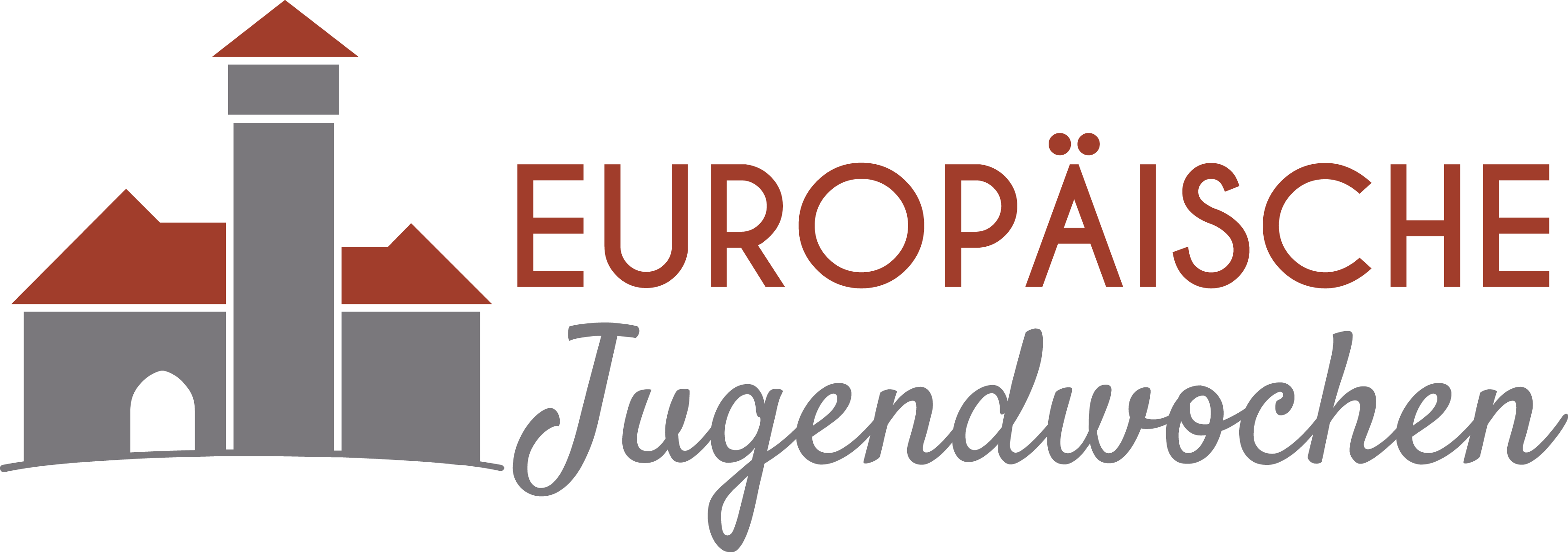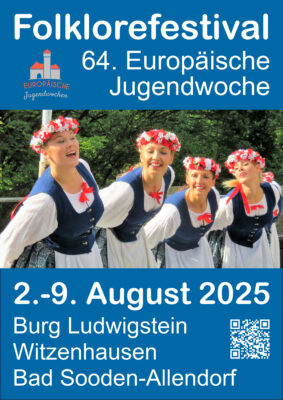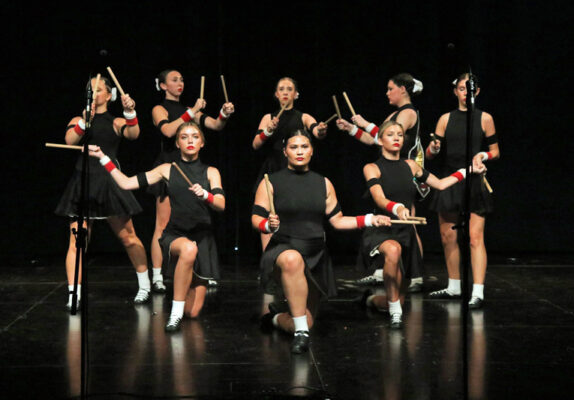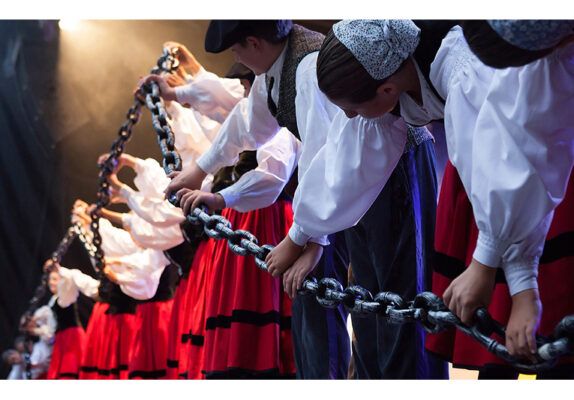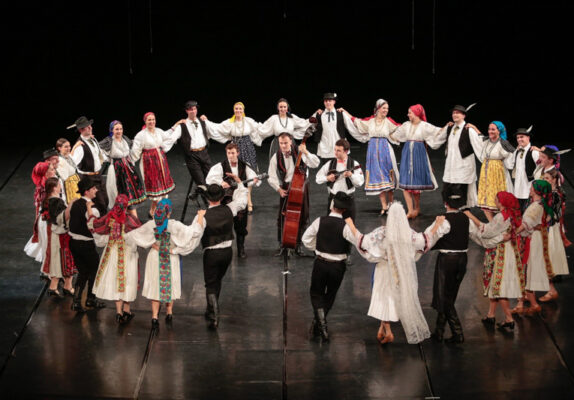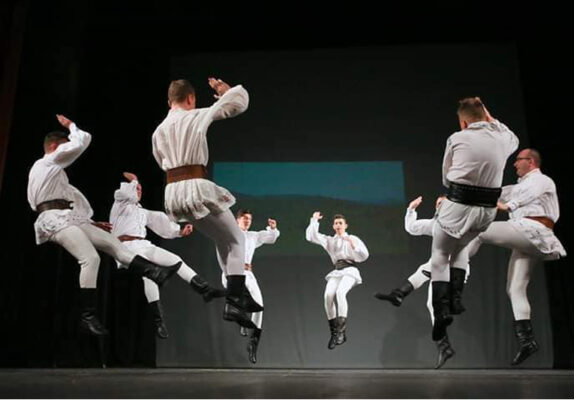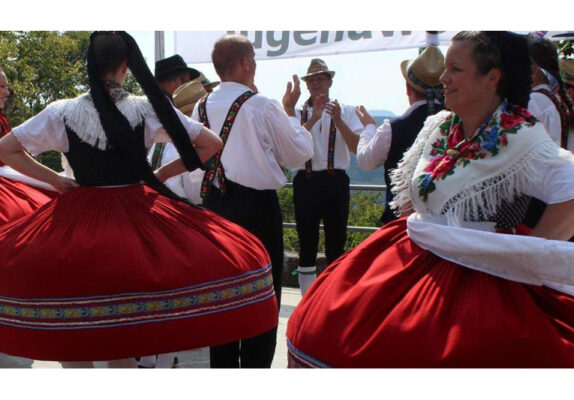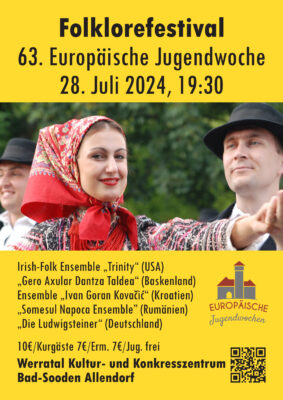Programme of the 64th European Youth Week 2 – 9 August 2025
| Sa 2.8. | 8 p.m. Witzenhausen Market Square | Opening of the Eurowoche | admission free |
| So 3.8. | 6 p.m. Bad Sooden-Allendorf | Werratal Kultur- und Kongresszentrum | 10 €/ 7 € |
| Mo 4.8 | 8 p.m. Burg Ludwigstein | Die Ludwigsteiner (Deutschland) | admission free |
| Di 5.8. | 8 p.m. Burg Ludwigstein | Vizbulite (Lettland) | admission free |
| Do 7.8. | 8 p.m. Burg Ludwigstein | Dolina (Tschechische Republik) | admission free |
| Fr. 8.8. | 8 p.m. Witzenhausen Market Square | Veselin Masleša (Bosnien-Herzegowina) | admission free |
| Sa 9.8. | 3 p.m. Burg Ludwigstein | Abschluss - Eurokirmes | 10 € / 7 € |
 | "Vizbulite" (Latvia) https://www.facebook.com/Vizbulite/?locale=de_DE Vizbulite brings the vast landscape and unique rhythm of Latvia to the stage – with precise steps, vibrant energy, and a palpable sense of community. What began as a passion project for young dancers from Sigulda is now one of the strongest groups in Latvian folk dance. Their performances combine technical skill with lightness and demonstrate what a modern, lived tradition can look like. |
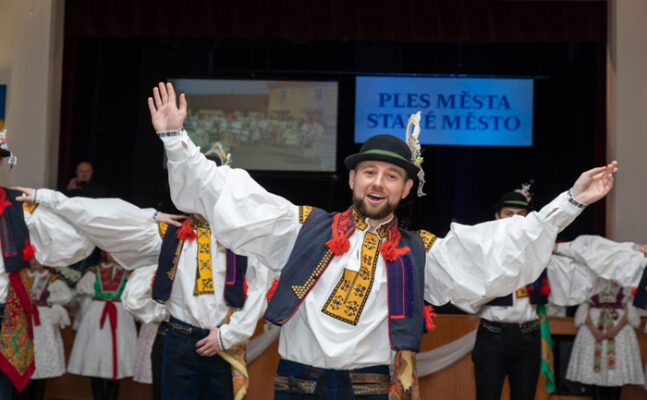 | "Dolina" (Czech Republic) www.facebook.com/dolinastaremesto/ Dolina inspires with authenticity and fresh energy. Since 1956, Dolina has been presenting South Moravian sounds and rhythms – with plenty of heart, movement, and color. In their choreographies, vibrant folk art meets modern influences; their songs and dances tell stories from the Dolňácko, Kopanice, and Slovakia regions – sometimes lively, sometimes subtle. |
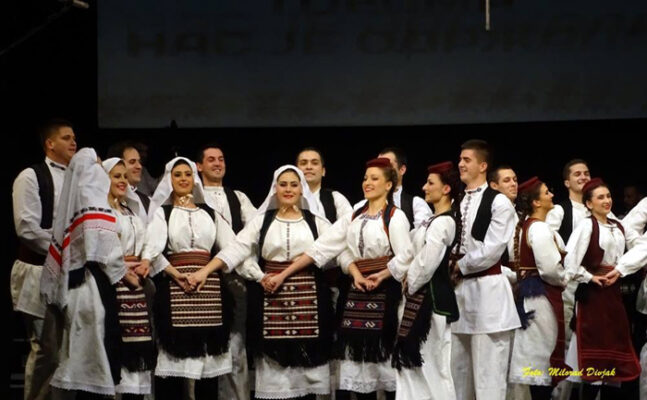 | "Veselin Masleša" (Bosnia and Herzegovina) https://www.facebook.com/ckudm.veselinmaslesa When Veselin Masleša performs, powerful dance meets expressive singing – spirited yet poetic. Since 1948, the ensemble has presented great folk art with precision, pride, and tangible stage presence. Every movement speaks of cultural roots, and every performance immerses the audience in the soul of Southeast European folklore. |
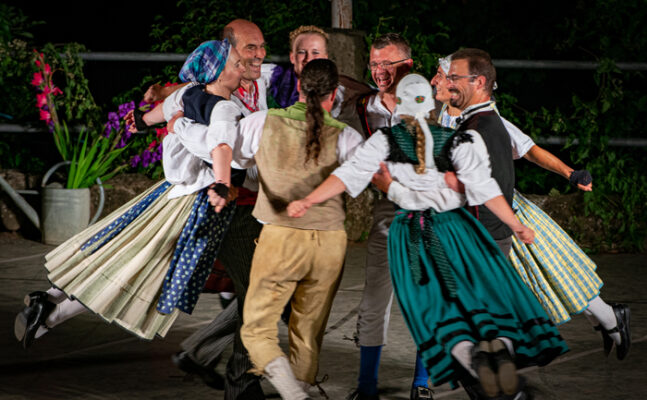 | "Die Ludwigsteiner" (Germany) https://eurowoche.org/startseite/verein/ludwigsteiner/ The hosts of Euro Week bring the stage to life with colorful dances, short stories, and melancholic melodies. |
Past European Youth Weeks:
Programme of the 63rd European Youth Week 2024
–>
